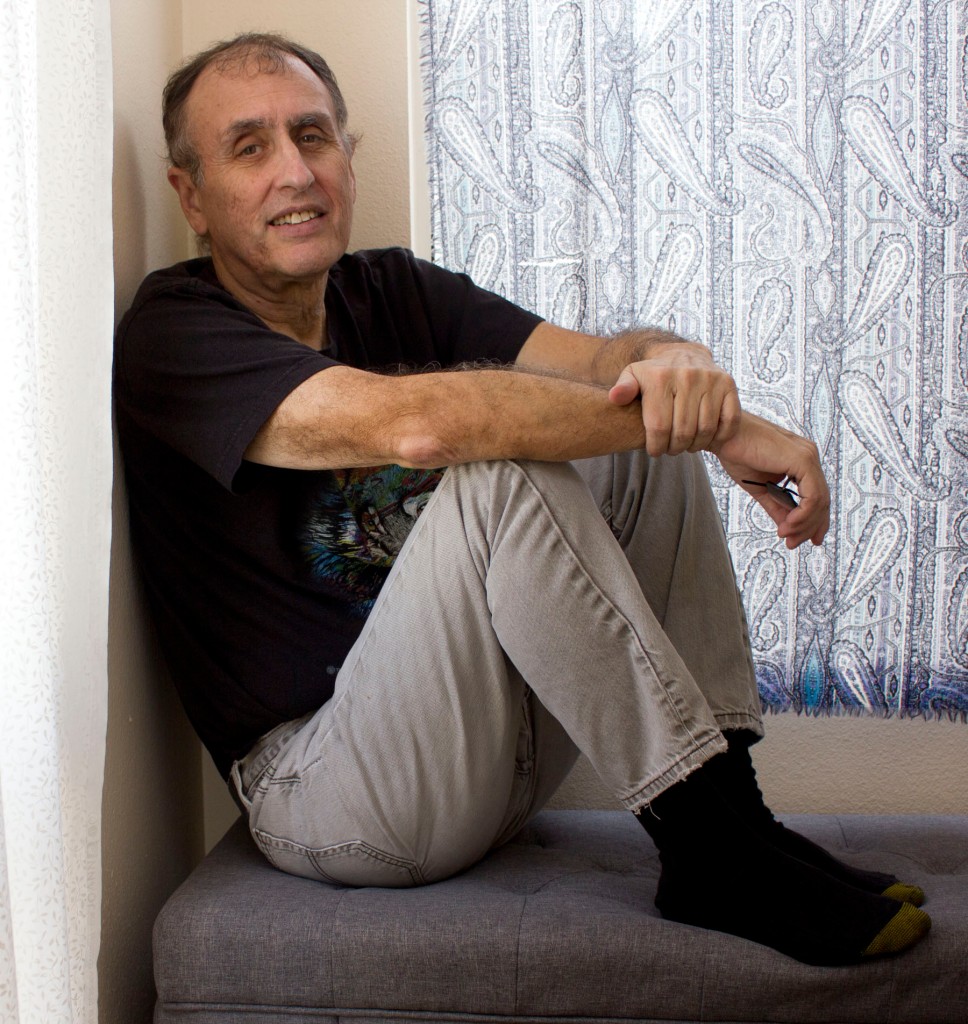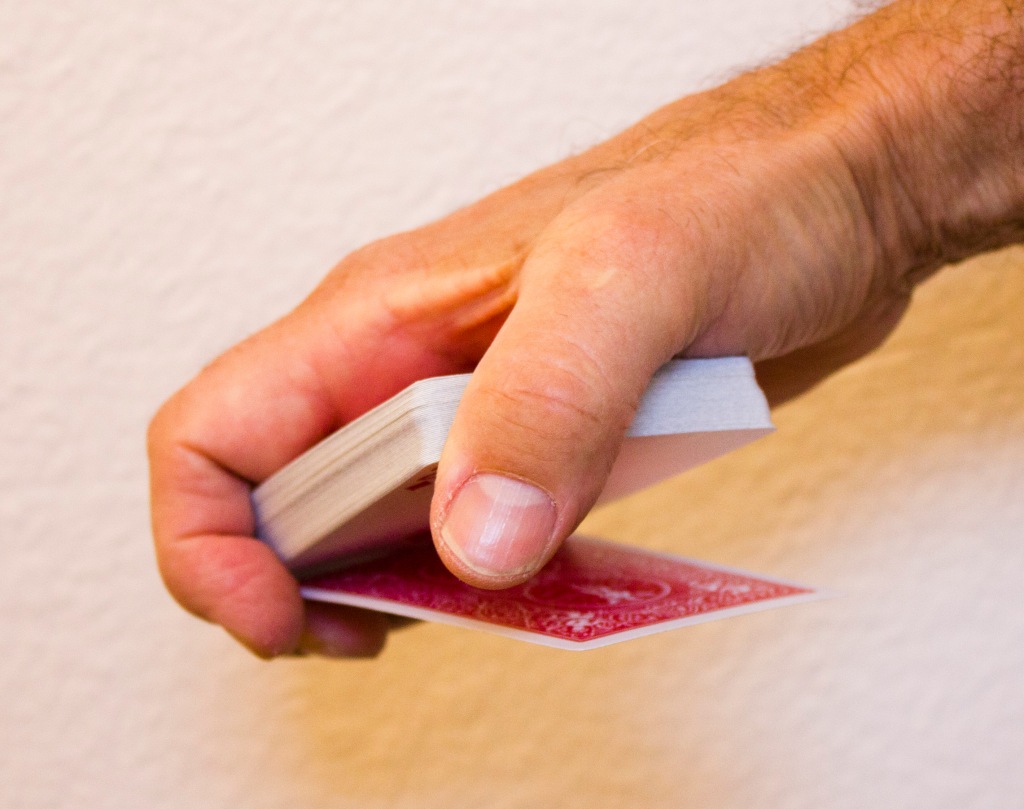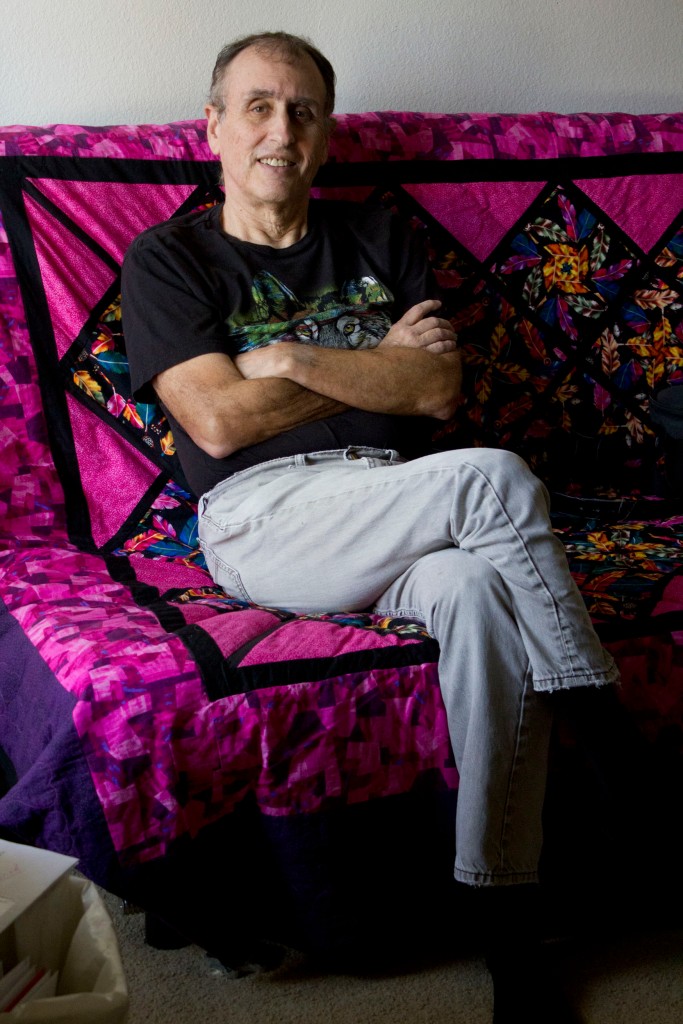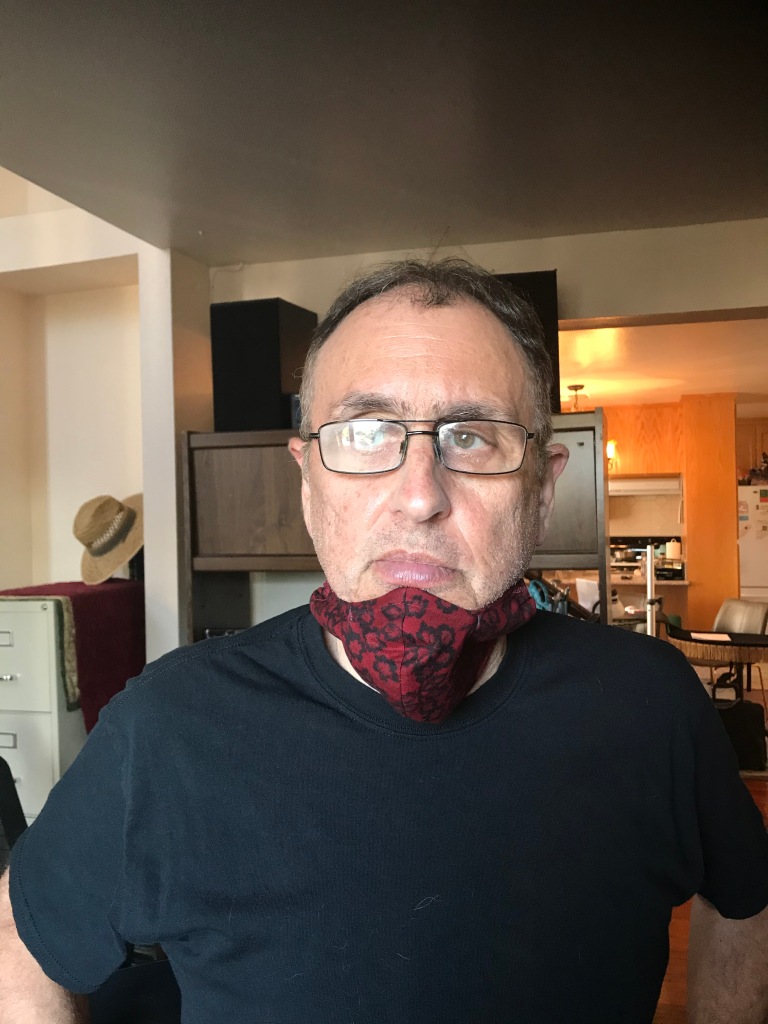In my fight against COVID-19, I consulted my regular doctor, but I also had a secret weapon. I consulted an acupuncturist.
I had been going to Dr. Wu for several years, and he had punctured my skin many, many times. Not once did I leak. Because of our relationship, he allowed me to text him with my symptoms, and he responded with herbal prescriptions and advice. Every morning, I would wake up and text him what was ailing me.
“Temperature 102.7, SPO2 90, 12 hours of sleep,” I would text.
“Sleep as long as you can,” Dr. Wu wrote back. “Use Tylenol for that high fever, and if it gets above 103 or the SPO2 gets much below 90, go to the ER.”
And then he would text back with advice that helped, trust me, helped quite a bit.
Of course, traditional Chinese medicine works on a different system. It’s ancient wisdom that goes back millennia. They take your pulse, which can be categorized in any of 30 different ways: slow, floating, wiry, thready, surging, and the like. They look at your tongue in a much more detailed way than Western doctors do.
And, I hesitate to mention, they also look at your feces. If you think about it, it makes sense that one’s health could be detected on the formation of one’s effluent, although Western medicine seems to pay that little mind. The gastrointestinal system’s end product is effluent. As the product passes through the body, it is formed by many organs, fluids, processes, and in fact, all aspects of one’s health. Viruses affect effluent, too, as does anxiety, foods, and medical conditions. Western doctors never ask about your shit, but the good Chinese practitioner considers the look of our feculence to be essential information.
Thus, I started taking photographs of my lovely creations on my cell phone, and on Dr. Wu’s recommendation, texting those photos to him.
Of course, there is a protocol involved in the transmission of such lurid photos. You don’t just wake up at 7 am and forward the good doctor one of your productions unannounced. It’s not a good image to see before breakfast. Thus, you have to pave the way.
“SPO2 93, temperature 100.7, 12 hours of sleep,” I texted one day, “and can I forward a photo of my latest three BMs?”
“Sure,” he texted back.
A few minutes after I sent it, Dr. Wu would give me an evaluation. If I were still an infant deep in the Poopy Stage of Development, my self-esteem would hang on his praise. But I’m a grown-up, dammit, I can drive and write checks and make poor decisions, and when he came through with a “Much improved,” I texted back with a happy emoji, and perhaps, if I’m honest, not just because I was improving, either; I’m proud of all my creations.
But think about this. You’re making two or three masterpieces every day, taking a photograph of each one. Once you have that battalion of photos on your phone, it creates a quandary. One day, for example, I wanted to text a photo of myself to a friend to show that my weight loss hadn’t been scary. It was a good smiling photo. But when I pressed ATTACH PHOTO, there were all these photos of my other gastrointestinal artwork.
Oh my God, what if I press the wrong button?! I thought. What if I send an ugly photo to my 83-year-old cousin Ruth rather than the photo of me?
“What is the meaning of this?!” Ruth would ask in horror over the phone. “Is this what your…type thinks of as funny? Oh my goodness gracious, your late father would be terribly ashamed of you!”
Worse yet, I dreaded sending an ugly photo to a prospective magic-show client, someone who had asked for a magician who could perform Zoom magic for their corporate sales meeting.
“Attached, as promised, are photos of my magic show in action,” I would write.
They might report me, although to whom is unclear to me. The Poopy Police? It seems like doing something like that should be illegal, but I just can’t put my finger on which silly statute it would violate.
A few days ago, Dr. Wu offered a bit of insight into how to read your ghastly sequeliae.
“The thinner the BMs are, the unhealthier you are,” he said. “In general, you’re looking for well formed.”
“Do you mean like sculpture, like in the shape of a Degas ballerina?”
“It looks like your sense of humor is back to normal,” Dr. Wu wrote back. “You’re getting better.”

























You must be logged in to post a comment.